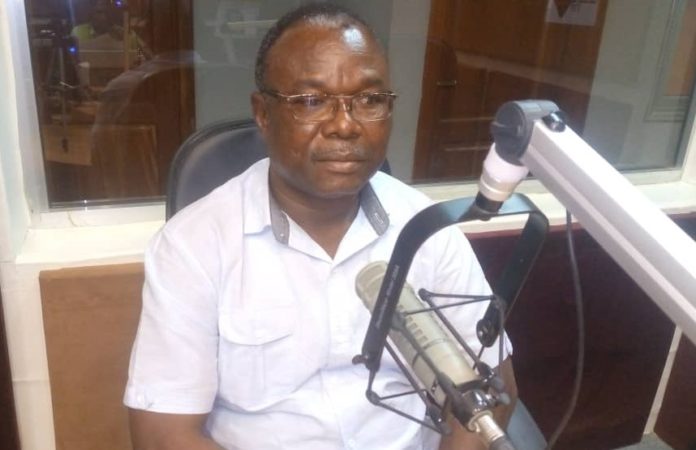The Chief Executive Officer of BC Bencyn Group, Benjamin Anyanah has decried the seeming lack of interest by many Ghanaians including people who are said to have attained higher education in various fields.
According to him, following many visits to some to lead in cleanup exercises and to educate people on plastic waste, he observed that many of those who have attained higher formal education are quite often not interested in the activities.
Mr. Anyanah explained that many assumed that the plastic menace must be cleared by some few individuals engaged by various assemblies to keep some streets clean adding, majority of those who take part are those with little or no formal education.
According to the World Bank, an estimated 86 percent of Ghana’s waste plastic load, is improperly disposed off resulting in plastics clogging up stormwater drains, rivers, and streams and ending up in the oceans. It is estimated that 250,000 metric tons of plastic waster are dumped from Ghana into the Atlantic Ocean.
In a whole, Ghana generates approximately 840,000 tonnes of plastic waste per year and approximately 9.5% of that is collected for recycling. More than 2,000 waste pickers are making an impact cleaning up beaches, drains and other sites.
A total of 8 million tonnes of plastic waste leaks into the ocean each year. By 2050, it is said that there will be more plastic than fish in the ocean if urgent action is not taken.
Speaking Tuesday on the State of Our Nation, Mr. Anyanah lamented over how educated people who are expected to know better are not interested in the plastic waste menace.
“It is interesting to know that the educated among us are the people do less about these plastics. They are not involve in the picking. They are on social media talking ‘continue with the good work, God bless you’. But they don’t get involved. in clearing them. I go to the villages, based on the data I have, when I go to the villages and we are talking about these plastics, it is the ordinary people who they think they are nobody who come out to join me pick these plastics. Those who feel they are educated, they are not part of it even the assembly,” he stated.
While many other African countries have adopted punitive legislative anti-plastic bans targeting the importation, production, and consumption of single use plastics, Ghana has been slow in adopting regulatory mechanisms to tackle plastics.
It is on this basis that Mr Anyanah called for some legislation to be able to tackle the increasing environmental challenges due to plastic waste.




